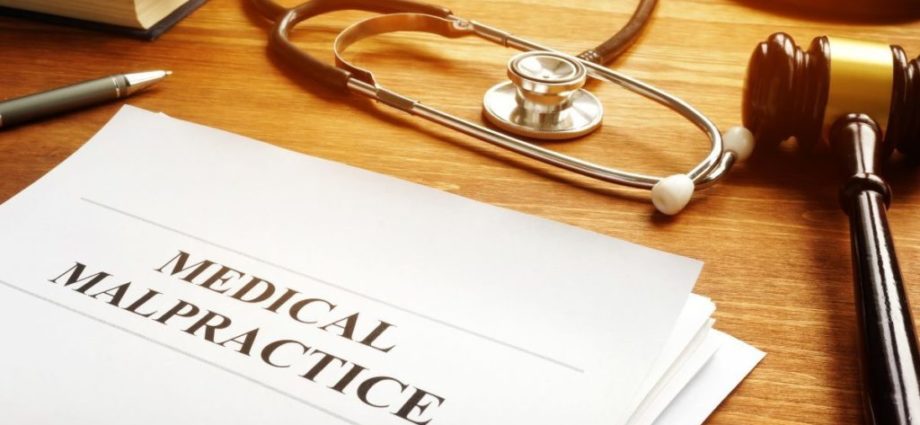We trust doctors and hospitals with our health, lives, and trust. When a doctor/hospital/medical professional breaches their ‘duty of care’, we have the right to sue them for compensation. That’s the crux of a medical malpractice claim. Cases involving medical malpractice are not rare in Kentucky, and unfortunately, many victims don’t even get a fair representation. Examples of such cases include surgical errors, delayed treatment, birth injuries, and misdiagnosis. If you have a potential case, consider working with an injury attorney Louisville to know your rights and legal options. Below are some key aspects worth knowing.
You are racing against time
You have a limited window of one year from the date of discovery of medical malpractice to file a lawsuit. The deadline is set by Kentucky’s statute of limitations, and this is a shorter deadline compared to most states. You don’t have much time to waste as far as understanding personal injury law is concerned.
How can an attorney help?
The role of a PI lawyer is to determine if you have a valid medical malpractice case and what you can possibly do to maximize your settlement. In such lawsuits, you can claim compensation for economic, non-economic, and punitive damages, and your lawyer will help determine the worth of your claim. Your lawyer will also take the case to medical experts and doctors and gather evidence to substantiate your claim. Most medical malpractice cases are settled without a trial, but your attorney can even file a lawsuit if the negotiations don’t go as expected.
Choosing an injury attorney
Not all injury attorneys specialize in medical malpractice lawsuits. Such cases often have inherent challenges, and you are suing someone in a position of power and authority. In other words, the battle won’t be an easy one. Always hire a lawyer that you can trust for their work profile. You can ask questions like –
- How long have you been practicing in Louisville?
- How often do you take medical malpractice cases in your practice?
- What are some of your landmark cases?
- What is your success rate?
- Have you represented clients in court for medical malpractice cases in particular?
- Will you work on a contingency fee?
- Are you personally available to take the case?
- What kind of other expenses do I need to pay for?
- How long would it take to reach a settlement?
- Have you fought legal battles against the same doctor or hospital in the past?
A good attorney is someone who will answer all your questions.

